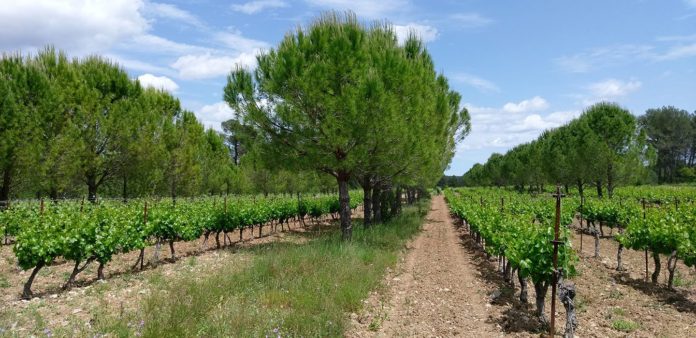Ghana seeks to strengthen its agro-industrial base by promoting the local processing capacities of its major economic tree crops, according to an official.
Peter Boamah Otokunor, director of Presidential Initiatives in Agriculture and Agribusiness, said during the media launch of the 2025 World Shea Expo on Wednesday that one of the key tree crops targeted by the government is shea nut.
The government would implement a phased ban on the export of raw shea nuts from 2026, part of a broader strategy to enhance value addition within Ghana’s shea industry, he said.
“This ban will allow local processors to expand, build capacity, and build export-ready brands that capture higher earnings in the international market,” Otokunor said.
He stressed that Ghana must transition from being a raw material exporter to becoming a nation focused on value-added exports.
The three-day 2025 World Shea Expo is scheduled to open in Ghana’s northern city of Tamale on Sept. 2 as a platform for industry players, policymakers and investors to explore opportunities in Ghana’s growing shea industry, organizers said.
The shea tree, which takes about 20 years to mature, is not a source of renewable wood fuel but a strategic national resource that can create thousands of jobs and anchor a network of smallholder cooperatives across the five regions in northern Ghana, Otokunor said.
He said the government would rehabilitate the shea processing factory in Buipe in the Savannah Region to boost domestic processing capacity.
Shea trees mainly grow in northern Ghana, and shea nuts are processed into shea butter, a key ingredient in many agro-based organic cosmetic products.
Ghana is the world’s top shea butter producer, and exports nearly 150,000 tonnes of shea nuts annually, valued at about 118 million U.S. dollars. Enditem
Source: Xinhua
Share Us



